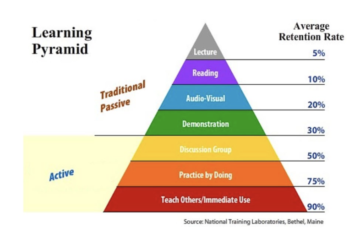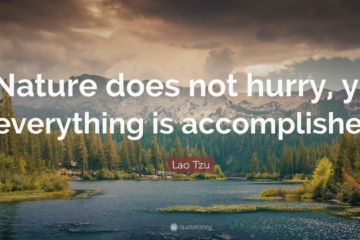How To Do Business with Japanese People?

Marketing for Japanese is extremely difficult. As I’ve worked with many Japanese companies and graduated from a top Japanese university myself, I feel qualified to talk about the topic.
As a Chinese person, the Japanese may look similar but their differences might as well be night and day,
If you don’t understand a Japanese person, their culture, it may be difficult for you to do business with them.
The first most important thing is motivation. Japanese culture is very unique around the world.
Most Japanese only choose to do business with other Japanese because they understand the nuances of their people. You need to understand that doing business with Japanese may not be for everyone, chances are there are much better ways AND easier ways of earning money through other means.
But if you have a passion for Japanese business, or are just curious, read on.
(1) Learn Japanese. In particular business Japanese.
Obviously, the first step would be to learn Japanese. And the second step would be to learn business Japanese. There are many nuances in the language that involve hierarchy, understand another person’s world view and honorifics.
(2) Understand the Japanese level of detail
Japanese are world renowned for their attention to detail. 5-minutes is considered late in their culture. A good product is considered something that can be better. A 1% defective product is a failure. Mistakes are not accepted in their culture.
(3) Japanese emphasis on process over results
Japanese are very process oriented. Everything has its place and process to do things, from the time you wake up, the time you eat your breakfast, to the commute and work you do.
Japanese handle chaos very badly. You need to know results don’t really matter.
This is because the Japanese actually don’t care about the result. They want to know your PROCESS, how are you going to do things and how WILL you do things in the future. How will you keep the relationship. Keep note of this.
(4) Understand hierarchy
Japanese society is very hierarchy in nature. You will not address someone that is older than you casually. Senior and junior relationship is king.
(5) Be presentable
Japanese put an emphasis on appearance, more than the Chinese especially. Keep your appearance top-notch, don’t be late to meetings and keep your promises.
(6) Listen, and be observant
Japanese are very observant people. They also listen very well. Apply the same to them, don’t just say what you think. Understand what they want first. It’s a relational based culture where people look out for one another in their in-group.
(7) Respect
Obviously, respect the other person, their culture and their way of life. No one is better than another.
(8) Get introduced.
Connections and your network are very important in Japanese culture. Getting introduced is the best way to do business with someone.
(9) Demonstrate excellence
Put an emphasis on quality of the work you do. Bonus points to demonstrate effort and persistence.
(10) Long term relationship
Japanese want to develop long-term relationships with people. They don’t want to know that their vendor or partner is going to just do business with them and suddenly disappear. Japanese are long-term thinkers; they see 1-5 years ahead usually.
How I worked with Japanese – my experience
My personal experiences range from the successful to the failures. It’s in my personal belief that the Chinese style of doing business and the Japanese style of doing business, while total opposites do complement each other.
For example a success I had was that I helped built my university club with one of my great friends who was Japanese. He had the structure, the ideas, but I had the execution, risk taking, to help him continue. His club went from 0 to now over 100 members and still exists after graduation from university.
Another success story was working with a Malaysian Chinese-client, who had a Japanese partner. They both had complementary skillsets in which the Chinese had the decisiveness, and the Japanese had the structure and planning. Both had many arguments but somehow managed to find their way to work together.
Finally, another story is how I helped bring in extra clients for Bangkok based, Japanese real-estate company: Claire Asia. As a marketing partner, I contributed in bringing new ideas to the company while giving them new perspectives which they were able to adopt. They were able to attract many international clients that way, in fact over 80% of their clients are non-Japanese.
The key words in which I was able to add value are:
- Decisiveness
- New perspectives
- Persistence
- Mutual understanding of cultures
I believe the most important part of working with Japanese is finding common ground and building on that. And don’t be ashamed if there isn’t any. You’re not meant to work with everyone and not everyone is meant to work together with you. I hope this has helped anyone reading this.
If you enjoyed this article, don’t forget to check out my free e-book: “Cash-Emails” in which you will have the best marketing templates, I learnt through my millionaire mentors, that will allow you write emails that can generate you a couple extra thousand dollars in sales. The strategies I will be sharing with you in this book are specifically made for email marketing but the templates can be applied onto virtually any platform. Download it through the link below.



0 Comments